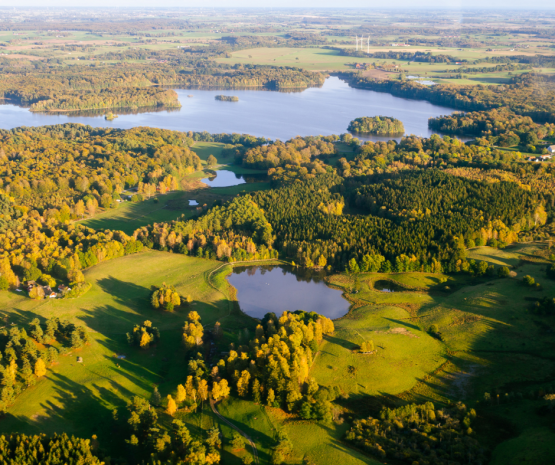
SOLO holds first Regional Nodes workshop in Sweden
Organised within the scope of the SOLO project, the Regional Nodes workshops aim at the co-creation of roadmaps that describe the local priorities for soil research and innovation. These roadmaps aim to improve soil health in the respective region, focusing on a specific land use. The first of the four planned Regional Nodes workshops was led by SOLO partner Lund University on 22 January 2025, in Sweden.
This first iteration of the format focused on soil health in urban-rural gradients in Scania, Sweden’s second most populated province, located in the southern part of the country. During the workshop, participants discussed current knowledge and existing gaps related to soil health, with a focus on soil management practices and challenges posed by soil pollution.
Katarina Hedlund (Lund University) started the meeting with an introduction of SOLO and the workshop itself, followed by a presentation on soil pollution and risk assessments by Martijn van Praagh (Lund University). A discussion on the state of knowledge in Scania provided an opportunity to share different perspectives and reach conclusions on what is known and what knowledge is still missing.
The workshop served as an exercise in prioritising the Mission Soil objectives for the Scania province. The prioritisation was integrated into the discussion of challenges and knowledge gaps regarding the urban-rural gradients in Scania. As a result, the 3 most important Mission Soil objectives identified for the area were:
-
Stopping soil sealing and increasing the re-use of urban soils
-
Reducing soil pollution and enhancing restoration
-
Conserving soil organic carbon stocks
The event brought together 11 stakeholders, primarily municipal professionals working on soil health, as well as representatives from public sector organisations, consultants, and one scientist. Lively discussions formed, with all participants eagerly sharing experiences, questions, and introducing the challenges they face, whilst getting feedback from one another.